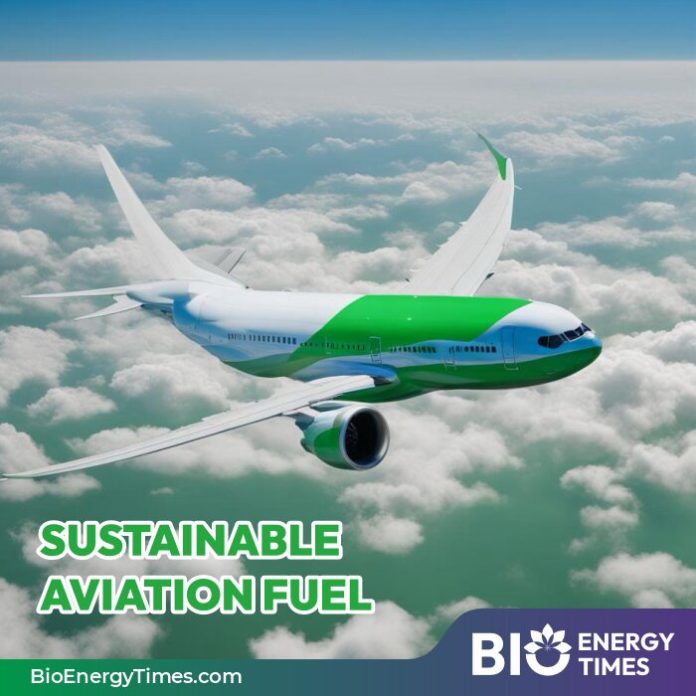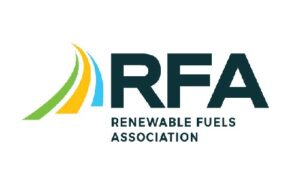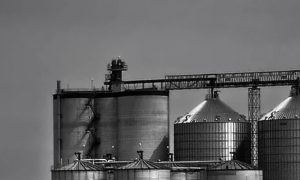Japanese refiner Idemitsu plans to begin commercial production of sustainable aviation fuel at its Tokuyama plant

Japanese refiner Idemitsu will start commercial SAF production at its Tokuyama plant by April 2028-March 2029. The company plans to produce 250,000 kl per year using the HEFA method, which involves hydrogenating feedstocks like used cooking oil and plant residues. Initial engineering starts this month, with investment details pending. Idemitsu will source 270,000-280,000 tonnes of feedstocks annually and may build a new SAF facility or convert an existing unit. Additionally, Idemitsu aims to produce 100,000 kl of SAF using the ATJ method and acquire 150,000 kl from international projects by 2030. Japan’s SAF demand is expected to rise, driven by government mandates.
Japanese refiner Idemitsu plans to commence commercial production of sustainable aviation fuel (SAF) at its Tokuyama plant in the western prefecture of Yamaguchi by the fiscal year April 2028-March 2029.
Idemitsu intends to produce 250,000 kilolitres (kl) per year of SAF using the hydro-processed esters and fatty acids (HEFA) method. This method involves the hydrogenation of feedstocks such as used cooking oil (UCO), plant and animal oil residues, and potentially oil plants like pongamia pinnata in the future.
The company will begin initial engineering work this month, having recently completed a feasibility study for the project. Investment details have not been disclosed.
Idemitsu plans to source 270,000-280,000 tonnes per year of feedstocks from both domestic and international markets to produce HEFA-based SAF, which will be primarily supplied to domestic users.
To achieve its target of producing 250,000 kl per year of HEFA-based SAF, Idemitsu is considering constructing a new SAF production facility at the Tokuyama complex or converting a former refining unit at the same site. The company previously shut down the 120,000 b/d Tokuyama refinery in 2014 to repurpose the complex for petrochemical production.
Byproduct naphtha from the SAF production could potentially be used to produce ethylene at Idemitsu’s 623,000 tonnes per year Tokuyama cracker, though the exact amount of byproduct naphtha remains uncertain.
**Other SAF Initiatives**
Idemitsu also plans to produce 100,000 kl per year of SAF using the alcohol-to-jet (ATJ) method at its Chiba plant by the 2028-29 fiscal year. Additionally, the company aims to acquire 150,000 kl per year of SAF from international projects, including those in Australia, by 2030, to meet its goal of supplying 500,000 kl per year of SAF to domestic consumers.
Japan’s SAF demand is expected to rise, as the government intends to mandate that SAF comprise at least 10% of total jet fuel consumption by 2030. Idemitsu views feedstock procurement as a significant challenge in developing the SAF supply chain.
On August 2, Japan’s SAF suppliers, including refiner Eneos, trading house Itochu, domestic airline Japan Airlines, airport operator Narita International Airport, distribution company Nippon Express, financial firm Mizuho, and its research subsidiary Mizuho Research and Technologies, announced an agreement to demonstrate a system for matching sellers and buyers of emission reduction certificates. This platform aims to facilitate the trading of such certificates between SAF suppliers and users to promote SAF consumption.
















